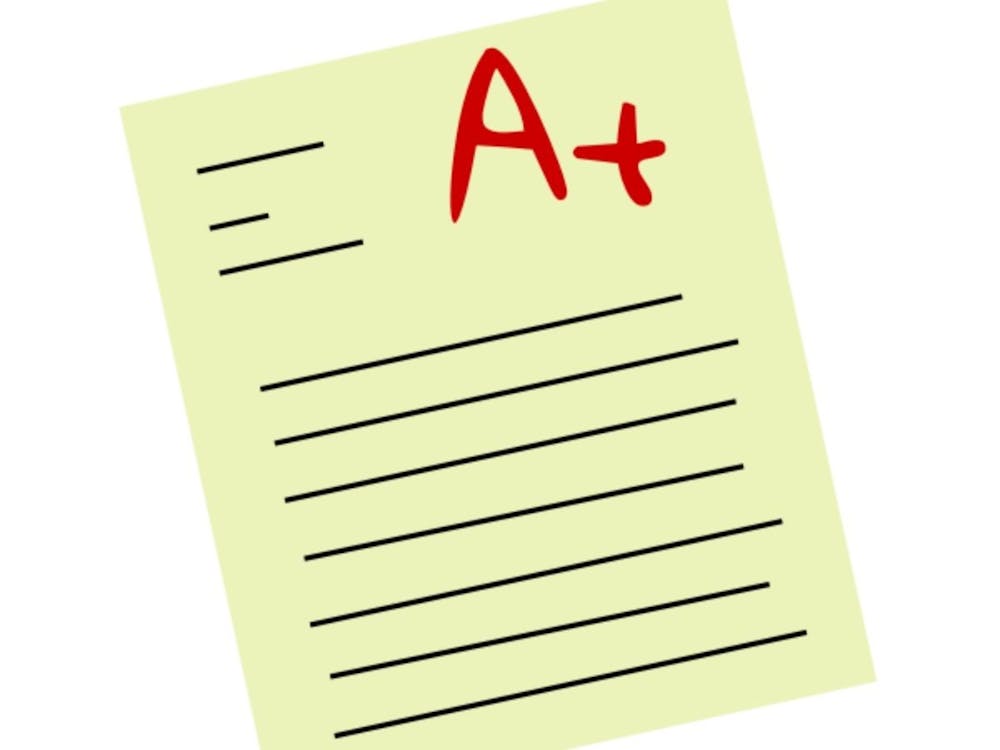After administering a survey to the student body, the Duke Student Government Senate passed a resolution Wednesday evening calling for the University to extend the deadline for undergraduates to opt-out of satisfactory/unsatisfactory grading.
DSG’s online survey was taken by nearly half of Duke’s undergraduate population—3,230 out of 6,591 total students, according to a presentation during the meeting. Respondents were distributed approximately equally among all four classes, and the sample of students from the Trinity College of Arts and Sciences and Pratt School of Engineering were proportional to the overall population.
Additionally, 83% of respondents indicated they were interested in graduate school. Graduate schools have sent mixed messages about the implications of S/U systems and letter grades—Harvard Medical School, for example, stated that letter grades are preferable, but passes are acceptable if mandated.
Respondents were split nearly 50/50 over whether they supported the current policy or an alternative: 50.53% indicated they wanted an alternative, and 49.47% were satisfied with the current default satisfactory/unsatisfactory, opt-out letter grade system.
The alternate policy option was subdivided into three choices: universal satisfactory, universal S/U and other. Of the total population, 25% indicated they preferred universal satisfactory, 19% chose universal S/U and the remaining 6% selected “other.”
When asked about their second-choice preference, most students opted for universal satisfactory. They comprised 32% of the total respondents, while 27% picked the current policy, 25% chose universal S/U and 16% indicated they had no preference or no second choice.
The survey also asked students to indicate whether they believed specific stressors would affect their class performance. The most common responses were home responsibilities, mental health challenges and family relationships.
A majority of students with no stressors—around 72%—preferred the current policy. However, students who reported having stressors were more likely to support an alternative option to the current grading policy.
Examining students by Internet accessibility—91% of surveyed students indicated that their Internet was reliable—52% of students with reliable Internet prefer the current option, compared to only 25% of those without reliable access to the Internet.
Students who opted for the current policy were asked how not receiving a letter grade in a class would impact them. The two most popular answers were graduate school admissions and internships and job opportunities. On the other hand, for those who preferred an alternate policy, the most popular option was indicating that the lack of letter grade would have no effect on them.
Interestingly, a similar proportion of students who voted in favor of the current policy and an alternative policy are considering graduate school: 84% of those who prefer the current policy indicated interest in graduate school, as did 82% who want another policy.
“This suggests that students considering graduate school have heterogeneous opinions about the ideal policy—the option to receive grades may advantage or disadvantage them; it is not standard across all prospective graduate students,” the presentation states.
Among classes, there are no significant differences in preference between the current and alternative policies, as each is split nearly 50/50 on the issue. There is also a small difference between preferences in Trinity and Pratt, with 3% more Trinity students advocating for the current system compared to Pratt students.
Get The Chronicle straight to your inbox
Sign up for our weekly newsletter. Cancel at any time.

